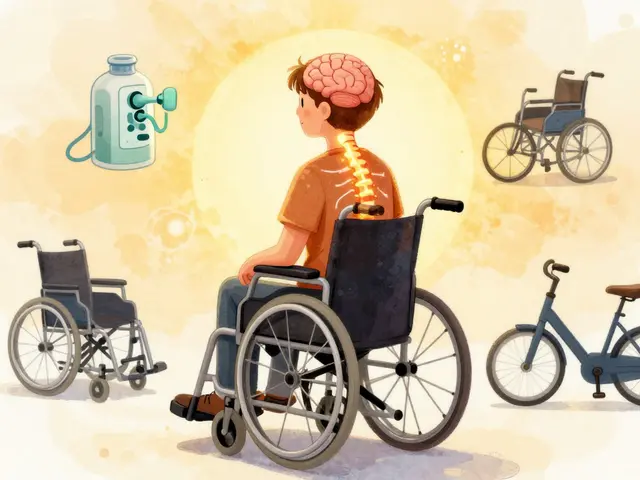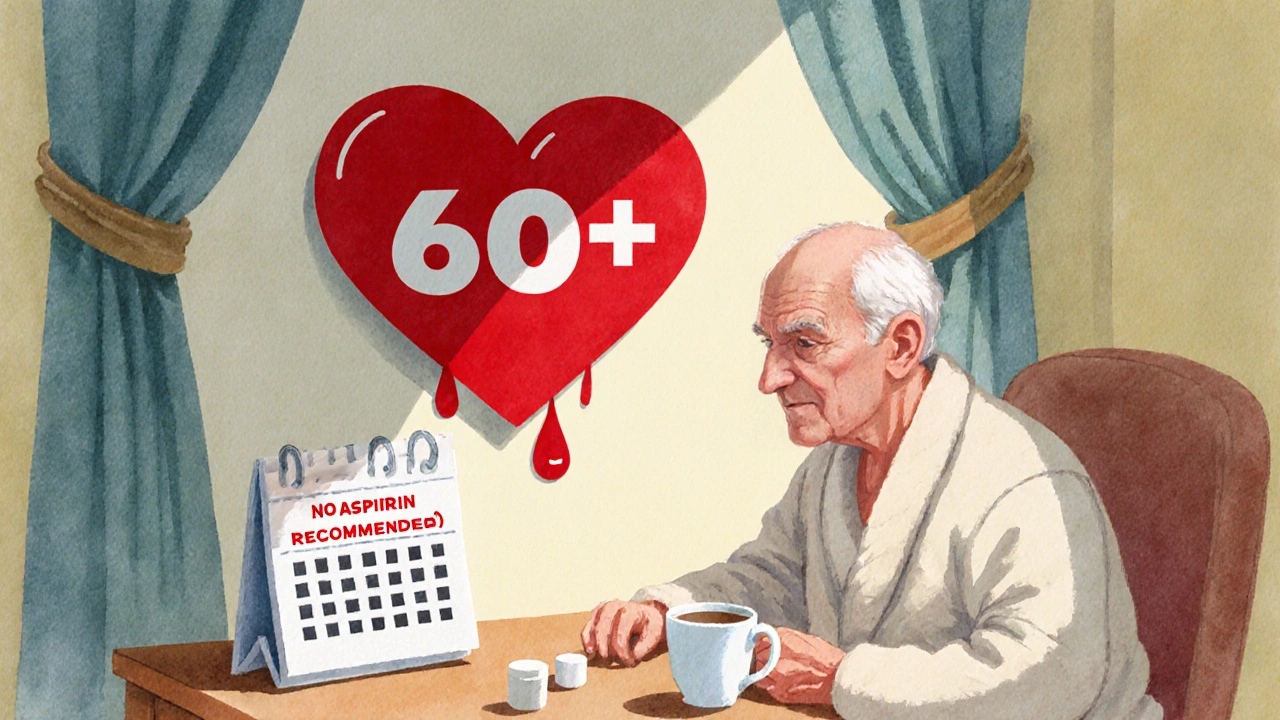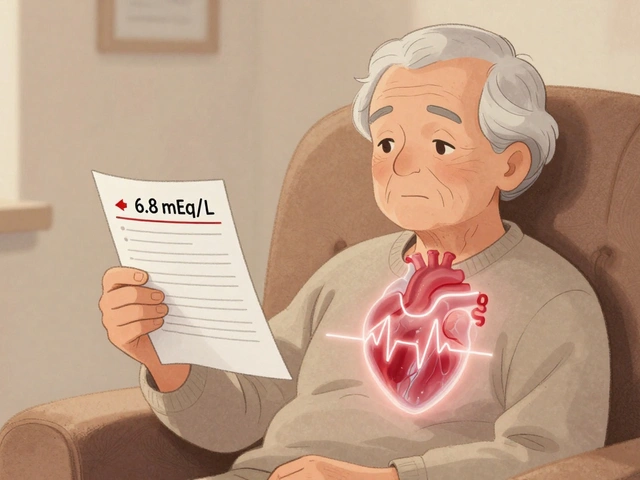Aspirin for Heart Health: What Works, What Doesn't, and What You Need to Know
When it comes to aspirin for heart health, a low-dose pain reliever that also thins blood to reduce clot risk. Also known as acetylsalicylic acid, it's one of the most studied drugs for preventing heart attacks and strokes—especially in people with a history of cardiovascular issues. But taking it every day isn't right for everyone. Many assume it's a simple, harmless shield against heart disease, but the science has shifted. Recent guidelines from the American Heart Association and the U.S. Preventive Services Task Force now warn that for healthy adults over 60, daily aspirin can do more harm than good—increasing bleeding risks without clear protection.
For those who’ve already had a heart attack, stroke, or stent placement, aspirin remains a proven tool. It blocks platelets from sticking together, keeping clots from blocking arteries. But if you’ve never had a cardiovascular event, the benefit is much smaller. Studies like the ASPREE trial found that in older adults without prior heart disease, daily aspirin didn’t lower heart attack rates but did raise the chance of dangerous internal bleeding. That’s why doctors now focus on individual risk: your age, blood pressure, cholesterol, diabetes status, and family history matter more than a blanket recommendation.
It’s not just about whether to take aspirin—it’s about how much, when, and with what else. Mixing it with ibuprofen can cancel its heart benefits. Taking it with alcohol raises stomach bleed risk. And if you’re on blood thinners like warfarin or apixaban, adding aspirin can be dangerous. Some people take it because their doctor told them to years ago and never re-evaluated. Others skip it because they’re scared of side effects. The truth? It’s not a one-size-fits-all solution. The best choice comes from knowing your own numbers and talking through the trade-offs with your provider.
Below, you’ll find real-world guides on how aspirin fits into heart care—what studies say, how it compares to other meds, and what to watch for if you’re already taking it. Some posts dive into interactions with other drugs. Others look at who benefits most and who should avoid it entirely. No fluff. Just what you need to decide if aspirin still belongs in your routine.
12
Aspirin Therapy for Heart Disease Prevention: Who Should Take It in 2025?
Aspirin is no longer recommended for most people to prevent first heart attacks. Learn who still might benefit from daily low-dose aspirin in 2025 - and who should avoid it completely.
Latest Posts
Popular Posts
-
 Spinal Cord Injury: Understanding Function Loss, Rehabilitation, and Assistive Devices
Spinal Cord Injury: Understanding Function Loss, Rehabilitation, and Assistive Devices
-
 Stinging Insect Allergy: What Venom Immunotherapy Really Does for You
Stinging Insect Allergy: What Venom Immunotherapy Really Does for You
-
 Enteral Feeding Tube Medication Safety: Compatibility and Flushing Protocols Explained
Enteral Feeding Tube Medication Safety: Compatibility and Flushing Protocols Explained
-
 Extended Use Dates: How the FDA Extends Drug Expiration Dates During Shortages
Extended Use Dates: How the FDA Extends Drug Expiration Dates During Shortages
-
 Meniere’s Diet: How Sodium Restriction and Fluid Balance Reduce Vertigo and Hearing Loss
Meniere’s Diet: How Sodium Restriction and Fluid Balance Reduce Vertigo and Hearing Loss



